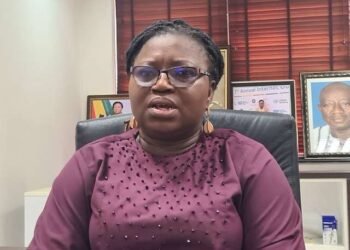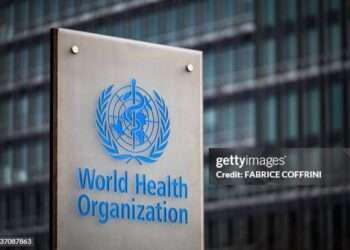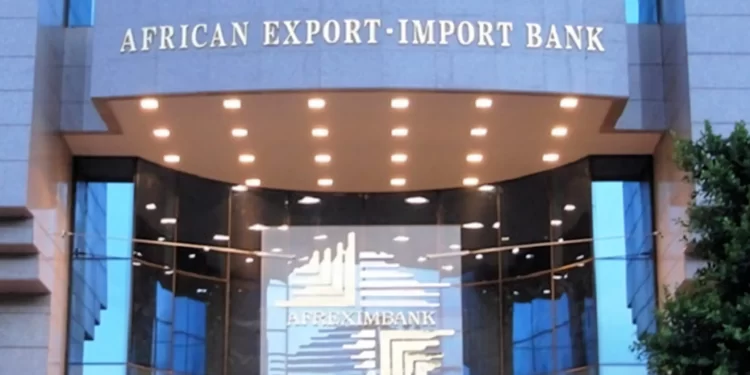Ghana’s Minister of Communications, Digital Innovation and Technology, Hon. Samuel Nartey George, has laid out an ambitious plan to fundamentally reform the nation’s data sector, committing to drastic changes aimed at improving value, pricing, and quality of service for consumers.
Speaking candidly about the deteriorated state of the sector he inherited after eight years, Hon. Sam George dismissed what he termed “dark politics” and “disinformation” regarding the challenges, asserting that his focus is on systemic, lasting solutions rather than cosmetic fixes.
“I inherited a sector after eight years that has one SMP, one loss-making MNO, and another MNO that has been brought to its knees. Three of the MNOs no longer exist, and the four BWAs are dead. The sector has experienced a sharp decline in growth and investment, and the regulator has been essentially on autopilot.”
Hon. Samuel Nartey George, Ghana’s Minister of Communications, Digital Innovation and Technology
In a direct rebuke to critics, he expressed shock at proponents of the “immediate past government being the loudest trumpeters of the challenges that they have created,” dismissing such tactics as “Jandam” – a “carefully curated art of dark politics” aimed at creating false narratives.
He declared that this scheme “has failed,” emphasizing his rigorous work in collaboration with the regulator, CEOs, and other stakeholders to fashion a clear roadmap for resolution.
Drawing inspiration from former Communications Minister and now President, H.E. John Dramani Mahama, Hon. Sam George stated his commitment to embracing challenges, diagnosing them correctly, and working towards lasting solutions.
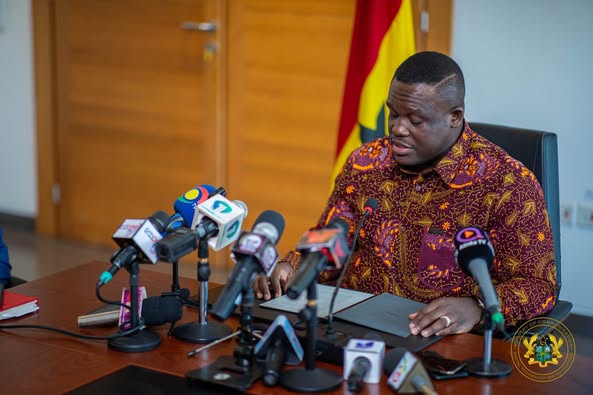
He acknowledged the establishment of a 23-member data price committee with a fourteen-day mandate to develop an implementation roadmap.
This committee’s report, according to him, identified three critical areas for holistic resolution: value, pricing, and quality, adding that the report was then referred to the NCA, tasked with crafting regulatory policies to address these challenges.
In a previous initiative, the regulator, following engagements with MNOs, proposed specialized bundle solutions for tertiary students and content creators.
According to Hon. Sam George, the Ministry immediately began building a dynamic database for these demographics, with him personally meeting with all Vice Chancellors to design a framework for identifying student numbers.
However, he made a policy decision to truncate this specific process to re-engage stakeholders for a broader solution encompassing all Ghanaian data users. This pivot led to a focus on the structural challenges faced by networks in service delivery.
The Minister emphasised that the government’s focus extends beyond just the value and pricing of data bundles to the crucial aspect of quality of service.
He acknowledged that even with increased value or reduced pricing, a sour customer experience would persist if quality is not improved.
Comprehensive Assessment of MNOs Performance
The Minister further indicated that this understanding prompted the regulator to commission and complete a comprehensive assessment of network performance for 3G and 4G service offerings across the country.
The results of this assessment were discussed with CEOs and the media two weeks prior, providing a clear picture of the sector’s current state.
Armed with this clear understanding, Hon. Sam George tasked the CEOs to collaborate with him on improving service quality and offering enhanced data bundles. He clarified his ministerial mandate within a free market economy, asserting that it “does not extend to interfering in the pricing by private sector investors.”
“Just like the Minister for Trade does not have the power to direct GUTA members to drop their prices unilaterally, the communications minister cannot unilaterally direct price reductions.”
Hon. Samuel Nartey George, Ghana’s Minister of Communications, Digital Innovation and Technology
Anticipating a retort regarding his past accusations against his predecessor concerning price increases, he distinguished between direct price directives and policy directions that cumulatively affect pricing.
He cited, for example, the decision by his predecessor to have Communication Service Tax (CST) collected forward, which resulted in a price increase without being a direct price directive.
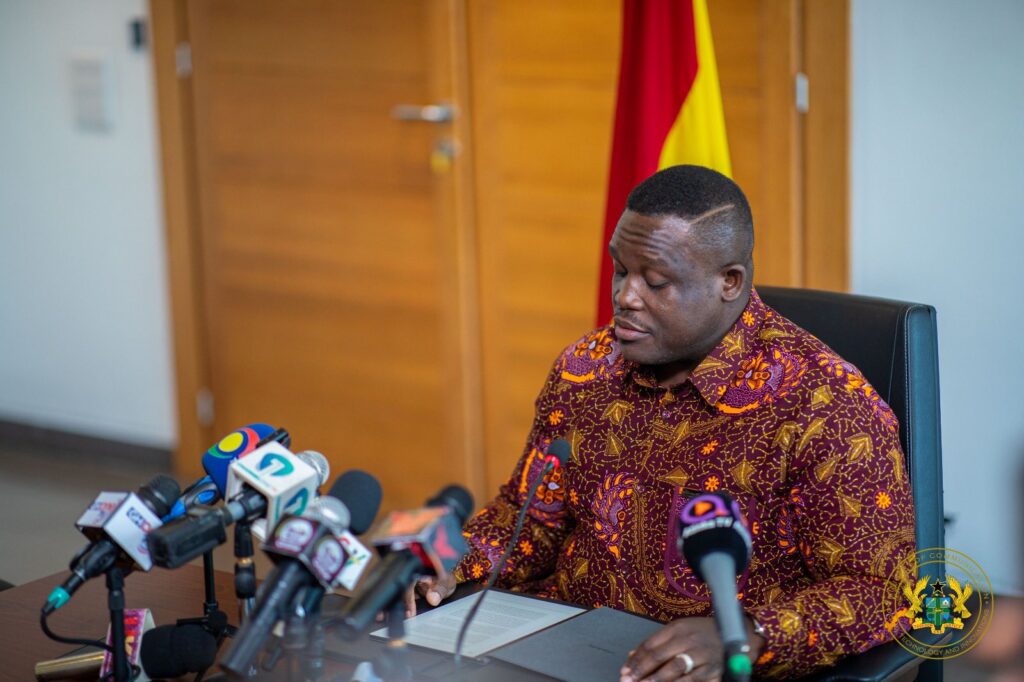
Another example was the decision to declare MTN an SMP and implement tariff rationalisation, which led to an effective price increase for consumers.
Critically, he noted that these actions were “not adequately and properly implemented,” resulting in MTN’s SMP status growing by over 10% in market share, accompanied by quality of service issues due to network configuration and congestion.
Cabinet’s Consent
To directly address these quality of service issues, Hon. Sam George revealed that he had presented a memorandum to the Cabinet of Ghana aimed at making Spectrum available to both Scancom Ghana Limited (MTN) and Ghana Telecommunication Company Limited (Telecel).
The process of this Spectrum sale is scheduled to be completed by the end of the first week in July. In the specific case of Telecel, he has granted additional policy approval for the regulator to issue a connecting entity license, which will enable the operator to optimize service using the 2,100 megahertz spectrum at the disposal of NGIC.
This, he anticipated, should result in a “significant improvement in the quality of service and customer experience in the coming weeks.”
The Ningo-Prampram MP reiterated his commitment to an “engagement-led style of leadership” that involves all stakeholders, listens to their challenges, and works towards addressing them in a manner that benefits the entire ecosystem.
He emphasised the need for “intense competition” in the sector, but stressed that it must be “healthy and sustainable.” He affirmed his commitment to value-added data bundle offerings, stating that these policy actions will ultimately culminate in “price reductions in the medium to long term.”

Acknowledging the scale of the challenge, he stated that “the recovery from eight years of mismanagement cannot be completed in four months.”
To this end, he has mandated all operators to make “critical investments in their networks to improve quality over the next quarter,” from July to September.
He noted that the NCA will then commence a rigorous quality of service assessment in the final quarter of the year (October to December), with defaulting operators facing sanctions.
Commending the CEOs of the three telcos, Hon. Sam George announced their collective pledge to invest approximately $150 million in their networks between now and the end of the year, aimed at enhancing the quality of service through spectrum acquisition or the introduction of new transmitters and equipment.
READ ALSO: APRM Challenges Fitch Over Afreximbank Downgrade, Defends Ghana Loan Classification




